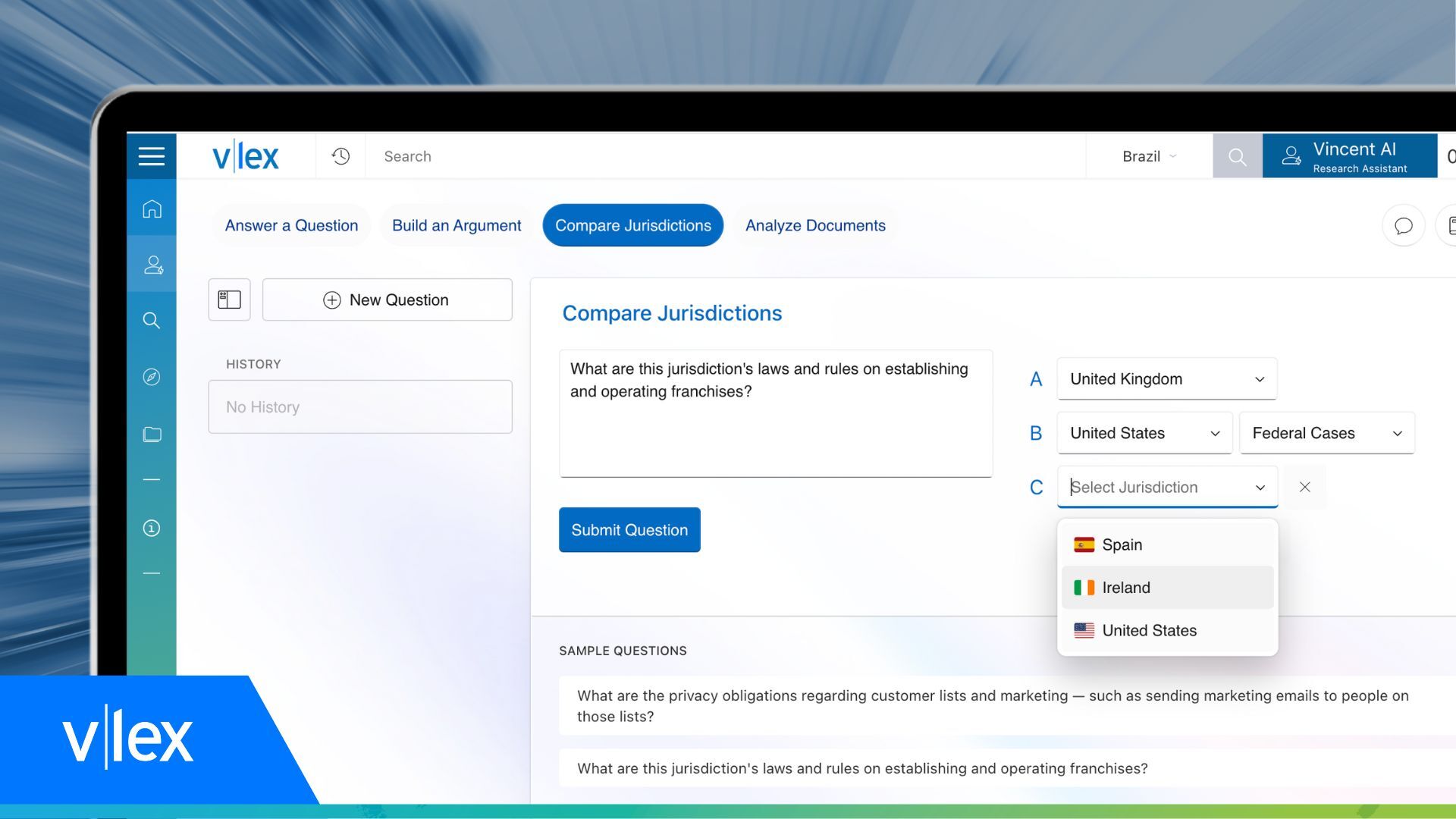So You Want to Go Solo? You Sure?

Bo Fishback
Photo by Steve Puppe
As of 2005, some 62 percent of attorneys in private practice work as solo or small-firm practitioners, according to the most recent data available from the American Bar Association. Those numbers likely have swelled and will continue to do so as law firms reorganize and re-evaluate their professional staffing needs.
What was once a calculated career decision has become a matter of survival for many. But whether a lawyer can cut it as a solo is not necessarily a sure thing, experts say. Not all lawyers have what it takes.
There is no magic formula for building a successful solo practice. It takes planning, persistence, long hours, sweat equity and personal sacrifice.
So whether you’re in for the long haul or just staving off the bill collectors, here are some useful tips from experts and newly minted solos to help ease the transition.
Cultivate Your Inner Willy Loman
Like it or not, having a viable solo practice requires sales skills as much as legal skills.
It may seem like a stretch, but salesmen and attorneys have a lot more in common than most people realize, says Bo Fishback, vice president of entrepreneurship for the Ewing Marion Kauffman Foundation, a nonprofit in Kansas City, Mo.
Fishback, who counsels startups across a variety of industries, says that lawyers—particularly those with backgrounds at established firms where the importance of billable hours and rainmaking are ingrained—are extremely adaptable to the entrepreneurial needs of the solo practice.
“It is part of the entire process of the legal profession,” says Fishback. “[Lawyers] are really well-trained to understand how to develop a client, how to create some stickiness with the client, how to keep them involved and attached to what you’re doing.”
Sensitivity to the “time is money” equation also gives attorneys a leg up over many other professionals transitioning from a corporate environment, he says. “Their career path leads them toward controlling their own fate.”
Among the biggest hurdles for any entrepreneur coming out of a corporate environment is the transition from a situation with ample resources to one without, Fishback says. He recommends taking advantage of the multitude of specialized back-office services available for solos and small firms, ranging from accounting to database management.
“The enablement of the service industry to support other people in the service industry has exploded,” he says, “and so costs are going down.”
Cheap Is the New Black
You don’t have to start off a new solo practice in a tricked-out office space to be a success. Just ask Washington, D.C.-based solo Carolyn Elefant.
When she began her energy regulatory practice in the early ’90s, cell phones were rare, legal research required frequent on-site visits to the law library, and working from a home office carried a stigma. Her ability to access Lexis depended on a part-time teaching gig at the University of Maryland.
“I would work in the Library of Congress and call people on the pay phone,” she says. “I dreaded the thought of people having to call me at home,” says Elefant, author of Solo by Choice: How to Be the Lawyer You Always Wanted to Be.
By comparison, today’s wired world—with its greater acceptance of flexible and alternative work arrangements—is a lot friendlier to the independent lawyer.
“There are all the blogs on starting a solo practice, a million different classes on starting a law firm, books on marketing,” Elefant says.
Many home-based attorneys now rely on virtual assistants to handle everything from answering phones to developing websites. Freelance paralegals are available for research at hourly rates.
Elefant stresses that aspiring solo practitioners need to dismiss any naysaying and be unafraid to reach out to those with more experience—whether in running their own business or in a practice area they want to break into—even if it means adopting an eager-beaver attitude.
“Optimistic personalities tend to fare better,” she says. “If you are committed to practicing law, I think you will find ways to make your own firm happen.”
Take a Spin in Cyberspace
Blogs, says Elefant, are one quick and fairly inexpensive way to gain street cred with would-be clients. Elefant created MyShingle.com, a popular blog that offers advice and support to fellow solo practitioners.
“It makes you an expert in your field,” she says. “It gives you exposure. [Potential clients] get a referral or see your name on a pleading and they can go and check you out.”

Craig Niedenthal
Photo by Marc Bondrenko
Birmingham, Ala.-based Craig Niedenthal credits much of his solo success to his Alabama Product Injury Lawyer Blog.
Niedenthal went solo in February after more than 20 years practicing in firms with a specialty in automotive product liability and related cases.
“I needed to get my name out there to the rest of the world,” Niedenthal says. To help with the cash flow, he has broadened his know-how to take on a wider array of product litigation cases, as well as bread-and-butter matters like personal injury.
“I threw myself into blogging and LinkedIn and Twitter,” he says. “It was the cheapest way to meet other lawyers, other people whom I could potentially get business from.”
But his blog, which serves as a gateway for timely information about product concerns on everything from Chrysler automobiles to synthetic turf to toxic Chinese drywall, has developed the biggest audience. Although the blog contains links to resources for other solos, the tone and tenure of the site is aimed at general consumers, says Niedenthal. He subscribes to the idea that building a name means casting a wide net.
His “Recalls of the Week” entries, for instance, focus on the callbacks of goods with significant national distribution where he can add his own analytical spin to demonstrate legal acumen. “I think it is important that people have some idea of the person behind the writing,” he says.
He tries to update the site with new posts every three or four days.
While his virtual reports may not lead directly to new clients, Niedenthal is confident that building a reputation as a go-to expert helps develop an essential network. He uses free tools such as Google Analytics to access the number of hits and where they’re coming from.
“Marketing is a huge issue,” he says, adding that the costs of traditional advertising are frequently prohibitive to early-stage solos.
“I would tell any solo lawyer that it has to be on the top of their list,” says Niedenthal, who is also teaching virtual classes on product litigation. “I think solo networking and solo media are very important.”
Learn Something New
Also at the top of the priorities list should be developing additional expertise or filling in knowledge gaps in a practice area, says Susan Cartier Liebel, the Northford, Conn.-based founder of the online lawyers’ education site Solo Practice University.
She recommends taking advantage of the growing multitude of courses designed for solos at law schools and online, and suggests that solos tap into social networking communities like Facebook and a number of specialized networks for attorneys.
Whether by choice or necessity, going solo provides the perfect opportunity to branch out, Liebel says, allowing the aspiring solo to become more adaptable to the rapidly changing marketplace.
“If you get rerouted, know what direction to go in,” she says. “If your practice is no longer profitable or there are issues there, you should be able to quickly shift gears.”
All too often lawyers are pigeonholed into a particular practice area because their firms pushed them into it, she adds. But trying to keep up a thriving securities practice at a time when the stock market has tanked, or advising private equity firms on buyouts when deals have ground to a halt, may not be the wisest approach to a sustainable future.
“Be prepared to give it up if it’s not paying the bills or because the economy or the clients are not cooperating,” Liebel says.
Lawyers, she notes, are inherently programmed to hit the ground running, assimilating new information and skills with every new matter they take on. The key to a successful solo practice is learning to take the same approach when building one’s own business.
“As trained lawyers, don’t we take on hurdles and challenges for our clients?” she says. “Why shouldn’t we do it for ourselves for survival?”
Even so, cultivating new skills doesn’t have to mean starting from scratch with new clients, says Liebel. She stresses that solos need to leverage their established “know, like and trust” with clients who have already paid for their services.
“They need to market to their current client base, explaining their new practice area and how they can help,” she says, “so these same clients will utilize them and spread the word to their personal sphere of influence.”
Be Realistic About Income
A new solo needs to be realistic about his or her income while building a practice, says Ellen Suni, dean of the University of Missouri-Kansas City School of Law.
“Solos can be found at the very top and the very bottom of the income ladder for lawyers—there are so many variables,” says Suni, who teaches courses focused on issues for solos and small firms. She adds that there are no real benchmarks.
“While many say you should not plan on supporting yourself from your solo practice for at least a year, that will often depend on whether you enter solo practice straight out of law school or from previous work in a firm, what natural clientele you have, and the nature of your practice.”
New solos stress that developing your business often involves juggling work in your chosen practice areas and other, unrelated jobs—just for the income.

Delida Costin
Photo by Melissa Barnes
Delida Costin, a solo practitioner in Oakland, Calif., splits her hours between her own budding firm and the regular assignments she takes from Axiom, a legal placement firm that matches experienced attorneys with contract jobs from corporations and other clients.
“That was a way I had a lot of flexibility; I could say to them, ‘I only want to work a certain number of days,’ ” says Costin, a former assistant general counsel with CNet Networks who started her solo practice in October 2007. “Part of the entrepreneurial experience for me is to explore different opportunities within the law and understand where my skill set is best for different kinds of clients.”
Be Prepared
Costin, whose solo practice specializes in work for technology startups and nonprofits, says building her own business has also required augmenting her existing legal expertise.
She recently became a certified mediator, joined the California State Bar Corporations Committee to expand her knowledge of corporate law, and has been taking continuing legal education classes in areas such as corporate governance and small-business issues.
“We all have different tolerances for risk,” Costin says.
Ashley R. Dobbs, a former intellectual property and general litigation attorney with Hogan & Hartson, has also built backup measures. But she hopes she won’t have to rely on them as she develops a practice specializing in advocacy work that includes nonprofit organizations focused on animal welfare.
“I think my time is better spent making presentations, seeing if I can get contract work for attorneys in my field,” says Dobbs, who previously was a business consultant. She is also doing pro bono work for a number of organizations to expand her network in the field.
Dobbs, who opened her solo practice in July in Arlington, Va., says she remains realistic about income. She has signed up with several temporary legal services firms and, if necessary, is prepared to do project work such as document review; she has also put her name in as a court-appointed attorney. To keep the cash flowing, she’s also renting out the basement of her single-family home.
“Right now I’m living off my savings,” she says.
Some of the early financial pain can be prevented if solos avoid the common mistake of giving away their time and advice for free, says Venice, Calif., attorney Edward Poll, founder of the solo consulting firm Law Biz Management Co. and author of numerous books on running a profitable solo practice.
“We always think we should know the answer right off the top of our heads,” says Poll, adding that solos tend to wrestle with their own self-worth. “Do not write off time on a matter. You are always learning when you are working on a client’s matter—the client needs to pay for that.”
And buck up. Realize that the new role as business owner requires a higher level of commitment.
As Poll puts it, “You have to be available 24/7.”
Deborah L. Cohen is a freelance journalist in Chicago.



